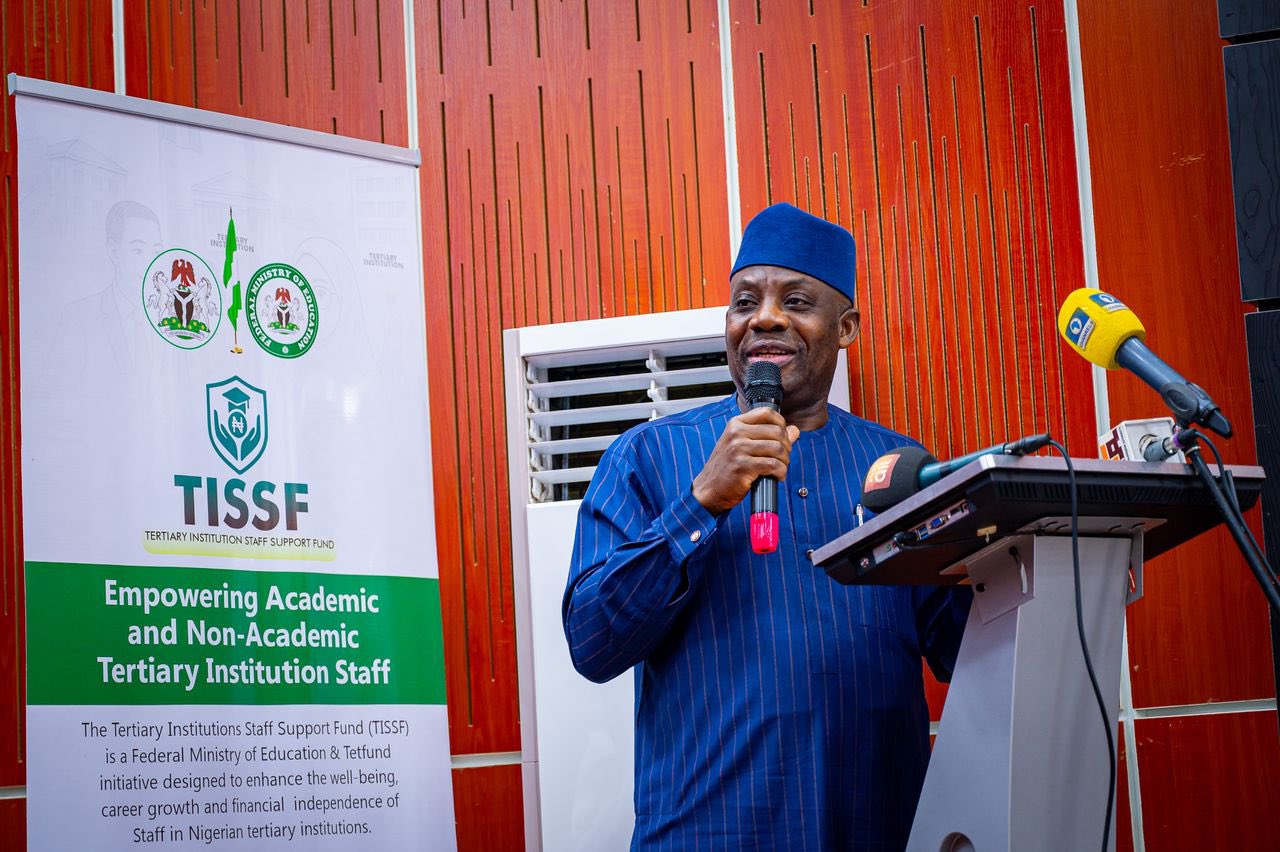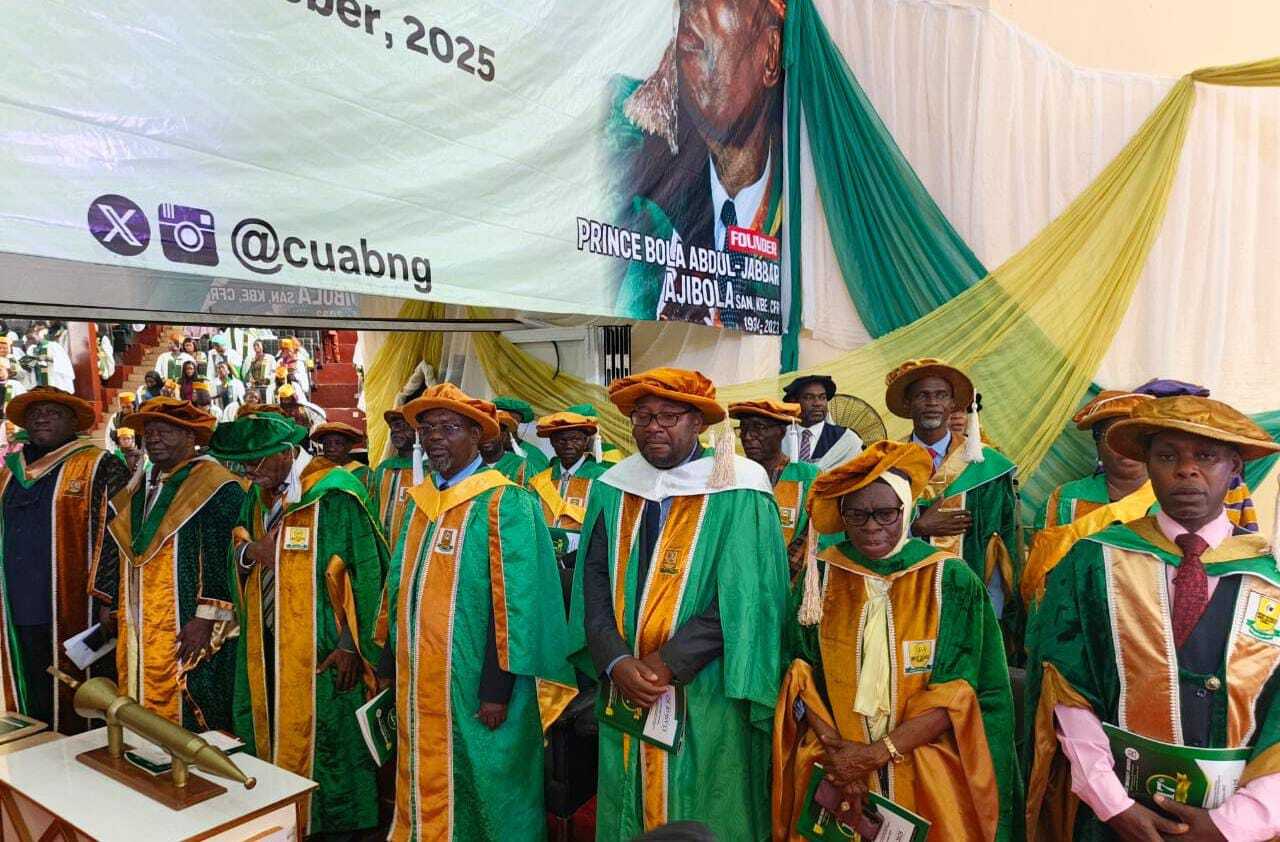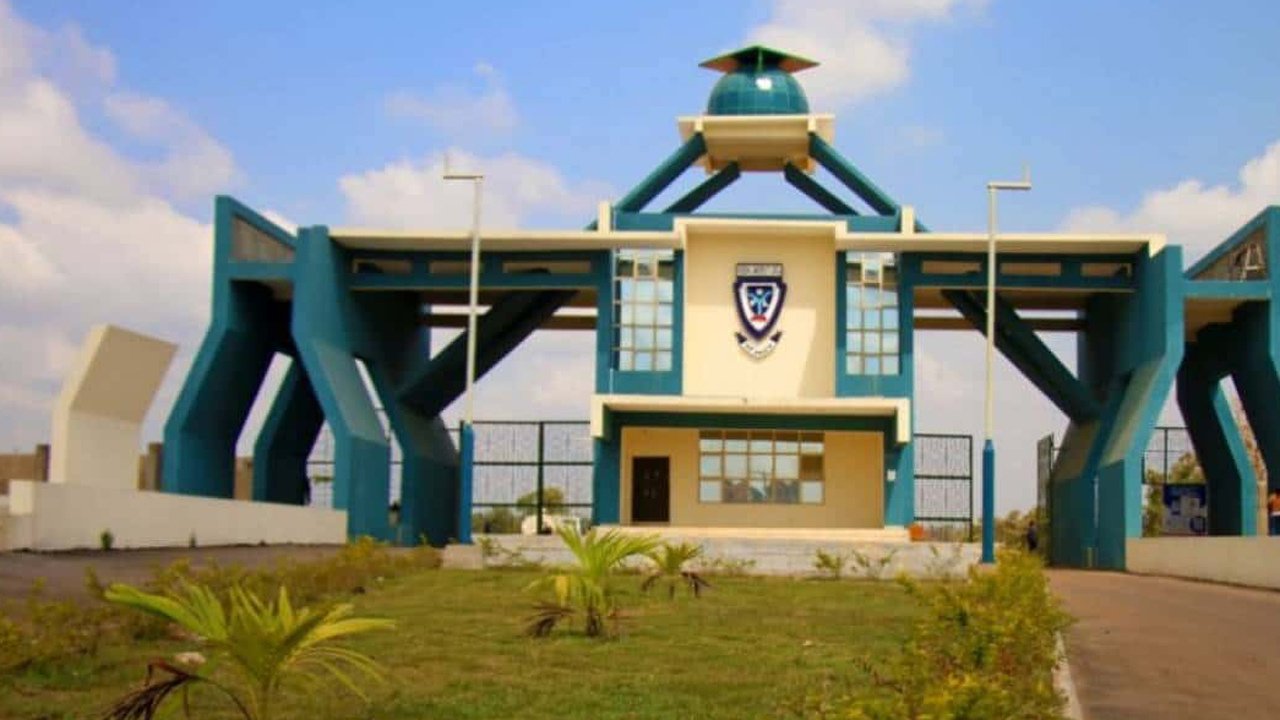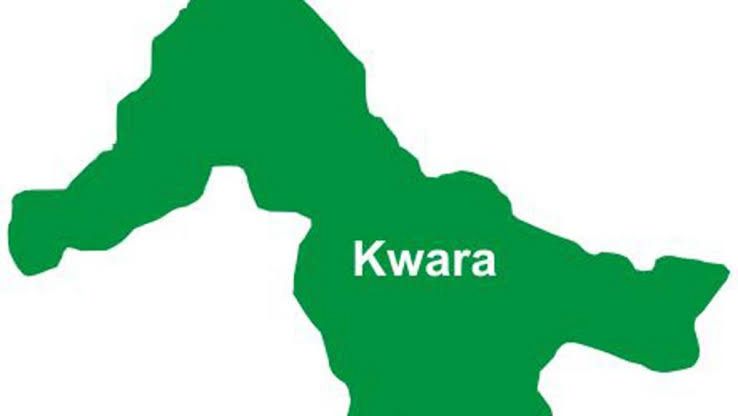For decades Nigerian schoolchildren have lugged bags bulging with textbooks and timetables crowded by fifteen, sometimes twenty subjects. It was a ritual of rote learning, as if breadth alone could compensate for depth. Parents complained, teachers improvised, and pupils memorised their way to the next exam. That weary cycle is now being broken.
Recently in Abuja, the Federal Ministry of Education announced a sweeping overhaul of the national curriculum. Spearheaded by the Minister of Education, Dr. Maruf Tunji Alausa, the reform is unapologetically ambitious: fewer subjects, clearer pathways, early trade skills, and an insistence that every child leaves school with knowledge relevant to a changing world.
Under the previous structure, a child in Primary Four could be confronted by 15 or more subjects; by Senior Secondary, the figure could rise to 20. The new arrangement trims that sprawl. Beginning with the 2025/26 academic session, subject numbers will be reduced to 9–10 at lower primary, 10–12 in upper primary, 12–14 in junior secondary, and 8–9 at senior secondary. Technical streams, which once spiralled above 18 subjects, will now stabilise between nine and eleven.
Announcing the policy, Dr. Alausa stressed that “children must learn in a more focused and functional way without the burden of too many subjects.” In his telling, the new curriculum is about “directing resources toward building a stronger, skill-driven education system” rather than keeping an outdated tally of lessons.
The subject grids released by the ministry paint a sharper picture of this leaner model. Every senior secondary student will take five compulsory subjects: English Language, General Mathematics, Citizenship and Heritage Studies, Digital Technologies and one Trade Subject, before selecting their interests across science, business or humanities.
The menu is deliberately streamlined. Science students can focus on Biology, Chemistry, Physics, Agriculture, Further Mathematics, Food and Nutrition, Health Education, Geography, Technical Drawing and Physical Education. Humanities remain robust with Nigerian History, Government, Christian or Islamic Studies, Nigerian Languages (Hausa, Igbo or Yoruba), French, Arabic, English Literature, Visual Arts, Music, Home Management and Catering Craft. Business candidates retain Accounting, Commerce, Marketing and Economics.
Every child must also settle on a trade. But where previous policy dumped thirty loosely defined trades on schools, Alausa’s team has refined the field to six high-value options: Solar Photovoltaic Installation and Maintenance, Fashion Design and Garment Making, Livestock Farming, Beauty and Cosmetology, Computer Hardware and GSM Repairs, and Horticulture and Crop Production. These are not ornamental add-ons; they connect directly to revised WAEC, NECO and NABTEB assessments designed to reflect competence in real work settings.
History returns, citizenship strengthened
Another symbolic shift is the return of Nigerian History as a stand-alone subject in basic education, restoring what many scholars considered a missing spine in civic formation. Coupled with Citizenship and Heritage Studies, the aim is to anchor children in their national story even as they master digital skills.
From Primary Four upward, digital literacy is no longer optional. The curriculum embeds Basic Digital Literacy and later Digital Technologies, signalling an acceptance that computing skills are as foundational as grammar and numeracy. For a generation that will inherit an AI-shaped economy, this is a structural acknowledgment of reality.
Across the Atlantic, Finland’s celebrated curriculum limits core subjects and prioritises transversal competencies; Singapore’s reforms tie school projects to real industry; the UK’s computing syllabus is compulsory from early years. Alausa’s blueprint borrows this sensibility – fewer pages to memorise, more time for making, coding, building and solving. It is Nigeria nudging itself closer to international best practice while keeping a distinct local relevance through agricultural and energy trades.
Curriculum reform rarely wins instant applause. It demands investment, teacher retraining, revised exams, and the stamina to weather scepticism. By publishing exact subject tables and a rollout date, Dr. Alausa has turned aspiration into policy. “We cannot prepare children for yesterday’s world,” he argued when presenting the plan. “The future of Nigeria lies in the competence of her young citizens.”
For parents, the lighter timetable promises relief from homework marathons and textbook bills. Teachers will navigate clearer schemes of work, not sprawling registers. Government, freed from duplicative subject funding, can channel resources into laboratories, digital tools and teacher support.
Implementation will determine whether this reform lives beyond press releases. Teachers need retraining in digital pedagogy and vocational instruction; rural schools require power and connectivity if digital literacy is to be meaningful. States must synchronise their calendars with federal directives to avoid a patchwork rollout.
Critics also warn against romanticising trades without building the infrastructure to support them. Solar modules demand equipment; livestock farming lessons need pens, not just blackboards. Alausa’s ministry has pledged partnerships with industry and polytechnics to bridge that gap.
Still, the symbolism is powerful: after decades of swelling timetables, the government has admitted that less can be more. The reform shifts emphasis from sheer volume to purposeful learning – an alignment with a century in which problem-solvers, not crammers, thrive.
In the words of one senior official, “this is about freeing children to learn meaningfully, freeing teachers to teach effectively, and freeing Nigeria to dream bigger.”
If Alausa’s promises translate into reality, future graduates will leave school not just with certificates but with marketable skills, a sense of history, and the digital fluency to engage the modern economy. That would be a profound break from the cycle of heavy bags and light understanding.
Gesinde is an award-winning journalist, political scientist and social commentator.






